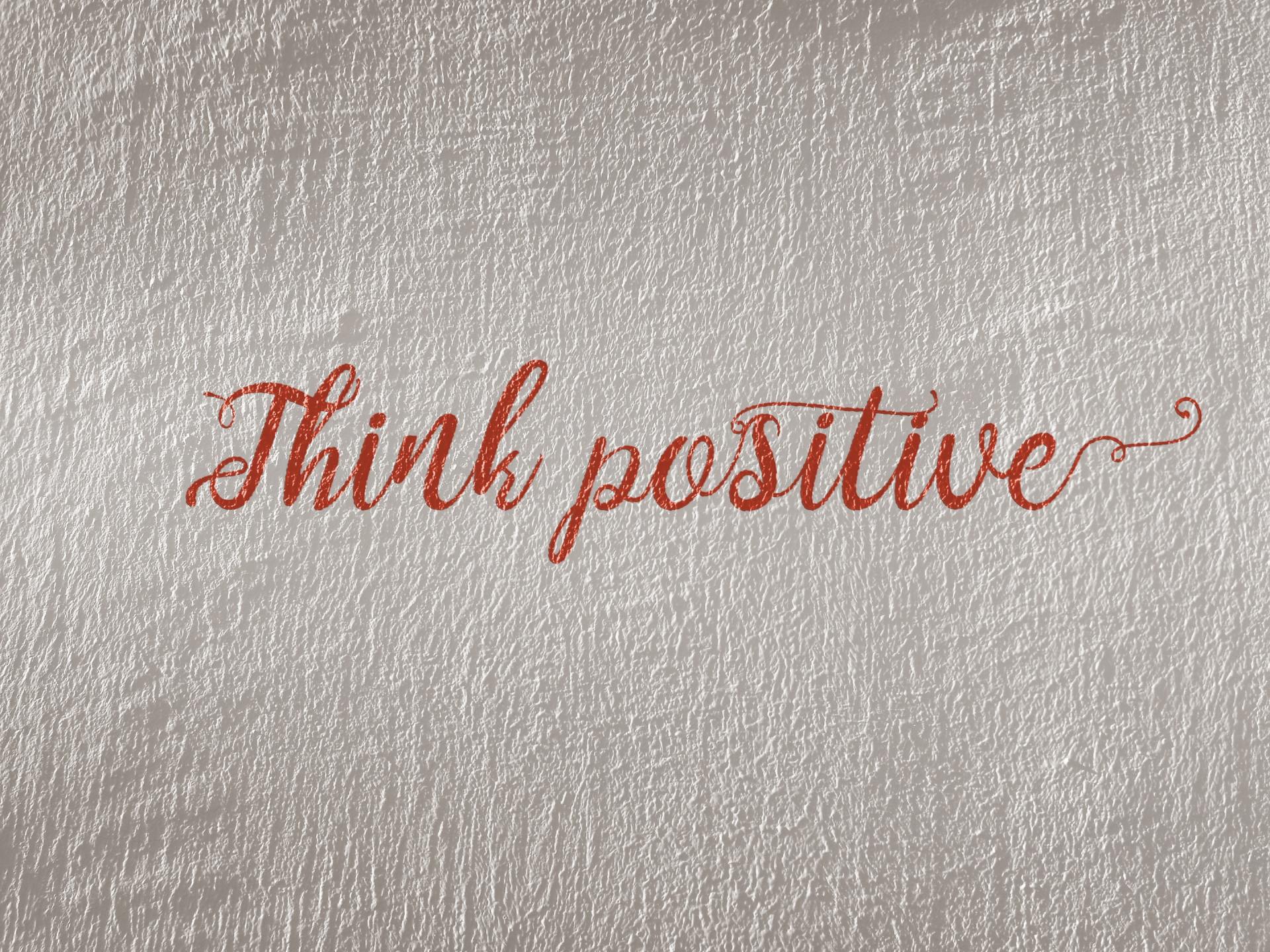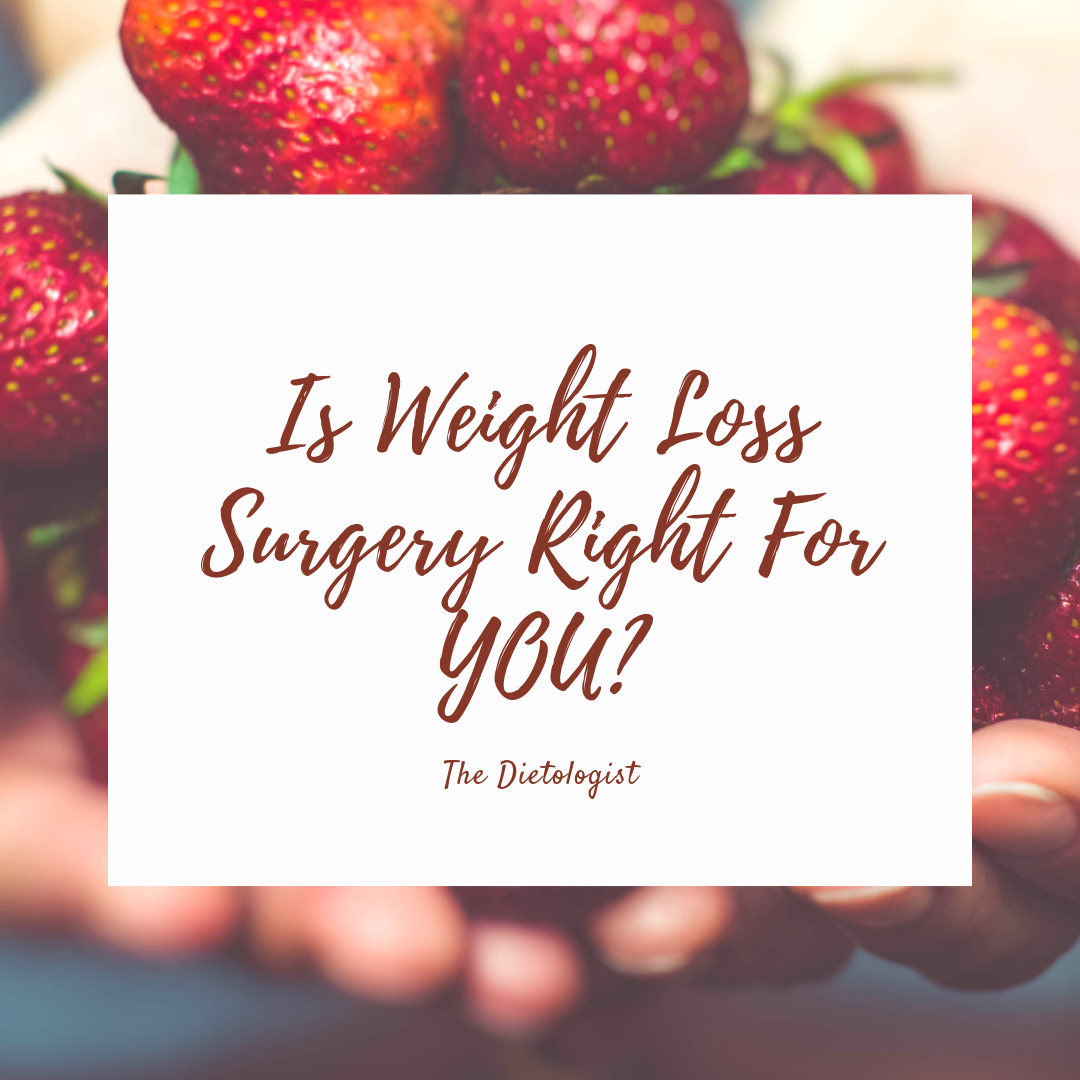BOOK A DISCOVERY CALL
Download The Emotional Eating Workbook
We are now in
lockdown
to curtail the
COVID-19 pandemic.
Many of us are feeling increasingly stressed, anxious and uncertain with
social distancing
and difficult economic times. As such, helping people through the coronavirus pandemic is not just about helping them stay safe physically, it’s also about helping them maintain mental and emotional health.
When stressful situations arise finding comfort in food is fairly common. Some people overeat or binge eat several times a week to suppress negative emotions or fill a void. They are likely to feel guilt or shame after eating this way, leading to a cycle of excess or secret eating and associated issues, like weight gain.
What causes someone to eat because of their emotions?
Anything from work stress to financial worries, health issues to relationship struggles may be the root of your emotional eating.
Why food?
When it comes to emotional eating it centres around negative emotions leading to a feeling of emptiness or an emotional void. Food is believed to be a way to fill that void and create a false feeling of “fullness” or temporary wholeness.
Negative emotions may arise if:
• you withdraw from social support during times of emotional need
• not engaging
in activities that might otherwise relieve stress, sadness such as exercise, meditation or breathing techniques.
• not understanding
the difference between physical and emotional hunger
• using negative self-talk
that’s related to bingeing episodes. This can create a cycle of emotional eating.
• changing levels of stress
hormones (cortisol) in response to stress, leading to cravings.
Emotional hunger vs. real (Physical) hunger
We should eat to live and not live to eat! You may wonder how to distinguish between emotional cues and real (physical) hunger cues. There are several differences that might help you understand what you’re experiencing.
So physical and emotional hunger may be easily confused, but there are key differences between the two. Pay attention to how and when your hunger starts as well as how you feel after eating.
How to stop emotional eating:
Emotional Hunger isn’t easily calmed by eating:
Whilst indulging in food or bingeing may work in the moment, eating because of negative emotions often leaves people feeling more upset than before. Diets don’t fail because you have lack of willpower or control, they fail because your emotional needs are not being met. When we ignore these emotions, they continue many times with an unhealthy eating pattern.
This cycle typically doesn’t end until a person addresses emotional needs head on.
The answers are within us if we dig deep to learn about what triggers us emotionally to eat for comfort.
Ask yourself;
• Am I feeling stressed or anxious?
• Is this a habit from childhood?
• Is my social environment affecting my choices?
• Am I feeling bored or empty inside?"
Numbing yourself with food can help avoid emotions that may be uncomfortable to feel and acknowledge. Acknowledging what you are feeling and taking action steps will break the cycle that is no longer serving you. Acknowledging your feelings and taking steps to healing can give you a healthy feeling of empowerment and confidence. You deserve to feel great emotionally and physically. When your body is nurtured and supported, you’re better prepared for life’s inevitable curveballs (which we are going through now with Covid19). Exercise, sleep and good nutrition all can help to get you through times of stress leaving less trips to the fridge.
Find other ways to cope with stressDiscovering another way to deal with negative emotions is often the first step toward overcoming emotional eating. This could mean:
• Keeping a journal of your thoughts and feelings
• Keep a food diary to monitor your intake
• Reading a book, magazine blog will help distract you from the negative emotion.
• Talk to your partner or friend about how you feel
• Finding a few minutes to relax, try breathing exercises or meditation.
It takes time to shift your mindset from reaching for food to engaging in other forms of stress relief, so experiment with a variety of activities to find what works for you.
Move your body
Some people find relief in getting regular exercise. A walk or jog around the block or a regular yoga routine may help in particularly emotional moments. For me, I suffer with stress and anxiety or I did. Now I have a routine where I wake up at 5.30am, arrive at the gym for 6.30am. I train for one hour in a circuits class, then drive home to start my day. Now with Covid19 and the lockdown I was distraught with the gyms closing, however it was something I had predicted. As soon as the lockdown was enforced, I chose to investigate online training. I’ve signed up to a free trial of Les Mills. It’s like all my prayers have been answered and the 3 of us, yes me and the kiddiwinks, now train together. What led me to act promptly was understanding my trigger, anxiety!
TOP TIP: “If you can figure out the trigger, you can learn to manage it!”
For some you may want to try and engage in yoga. Many people find it helps improve understanding of themselves and of situations surrounding them. Yoga may be a useful preventative measure to help diffuse emotional states such as anxiety and depression.
Try meditation
Others are calmed by turning inward to practices like meditation.
There are a variety of studies that support mindfulness meditation as a method to manage emotional eating. Simple deep breathing is meditation that you can do almost anywhere. Sit in a quiet space and focus on your breath — slowly flowing in and out of your nostrils.
You can browse sites like YouTube for free guided meditations. For example, Jason Stephenson’s “Guided Meditation for Anxiety & Stress“ or Michael Sealey for sleep hypnosis and guided meditations.
Start a food diary
Keeping a log of what you eat and when you eat it may help you identify triggers that lead to emotional eating. You can jot down notes in a notebook or turn to technology with an app like MyFitnessPal.
While it can be challenging, try to include everything you eat — however big or small — and record the emotions you’re feeling in that moment. This may help identify your triggers to eating. E.g. children go to bed at 8.30pm you find yourself heading to the fridge 5 minutes later grabbing a bar of chocolate and a glass of wine to help you unwind. Once you identify this, break the habit, so once the children are asleep run the bath, light some scented candles and chill out in the bath reading a book or listen to some relaxing music. The new habit will make you feel so much better, I’ve never known anyone feel guilty for having a bath!
Eat a healthy diet
Making sure you get enough nutrients to fuel your body is also key. Sometimes It can be difficult to distinguish between real and emotional hunger. If you eat well throughout the day, it may be easier to spot when you’re eating out of boredom, sadness or stress.
Still having trouble? Try reaching for healthy snacks, like fresh fruit, vegetables, handful of nuts, boiled egg, smoked salmon with cream cheese, Greek yoghurt, sugar free jelly or a low calorie hot chocolate.
Take common offenders out of your store cupboard!
Consider donating foods in your cupboard/fridge that you often reach for in moments of strife e.g. crisps, chocolate, and ice cream (the community may just love you for this during difficult times!).
If you have children, keeping the food you crave out of reach when you’re feeling emotional may help break the cycle. Keep food hidden in the garage. Set out individual containers with your daily snacks for all the family, including you. The children’s containers can include chocolate, fruit, crisps and biscuits. You may want to have a mixture of snacks such as a couple of biscuits or a fun size bar of chocolate with a couple of healthier snacks. This is a great way to keep tabs on what you’re all eating as a family.
Pay attention to volume
Resist grabbing a whole family bag of crisps or other foods to snack on. Measuring out portions and choosing small plates to help with portion control are mindful eating habits to work on developing. Once you’ve finished one helping, give yourself time before going back for a second. You may even want to try another stress-relieving technique, like deep breathing, in the meantime.
Banish distractions
You may find yourself eating in front of the television, computer, or some other distraction. Try switching off the TV, put down your phone the next time you find yourself in this pattern.
Work on positive self-talkFeelings of shame and guilt are associated with emotional eating. It’s important to work on the self-talk you experience after an episode, or it may lead to a cycle of emotional eating behaviour. Instead of coming down hard on yourself, try learning from your setback.
Take one step at a time:
- Why did I reach out for the chocolate bar?
- How was I feeling when I did this?
- Was I aware of what I was doing?
- Did I feel I needed a reward?
- What was I rewarding?
- How can I change this behaviour?
Seek support
During this time of self-isolation and in moments of sadness or anxiety you may feel more alone than ever. A quick phone call to a friend or family member can do wonders for your mood.
Summary
Food may help ease emotions initially but addressing the feelings behind the emotional eating is important in the long term. Work to find alternative ways to deal with stress, like exercise or peer support, and try practicing mindful eating.
To find out more about The Dietologist Emotional Eating Support to help you ditch diets and find a realistic way to lose weight.








